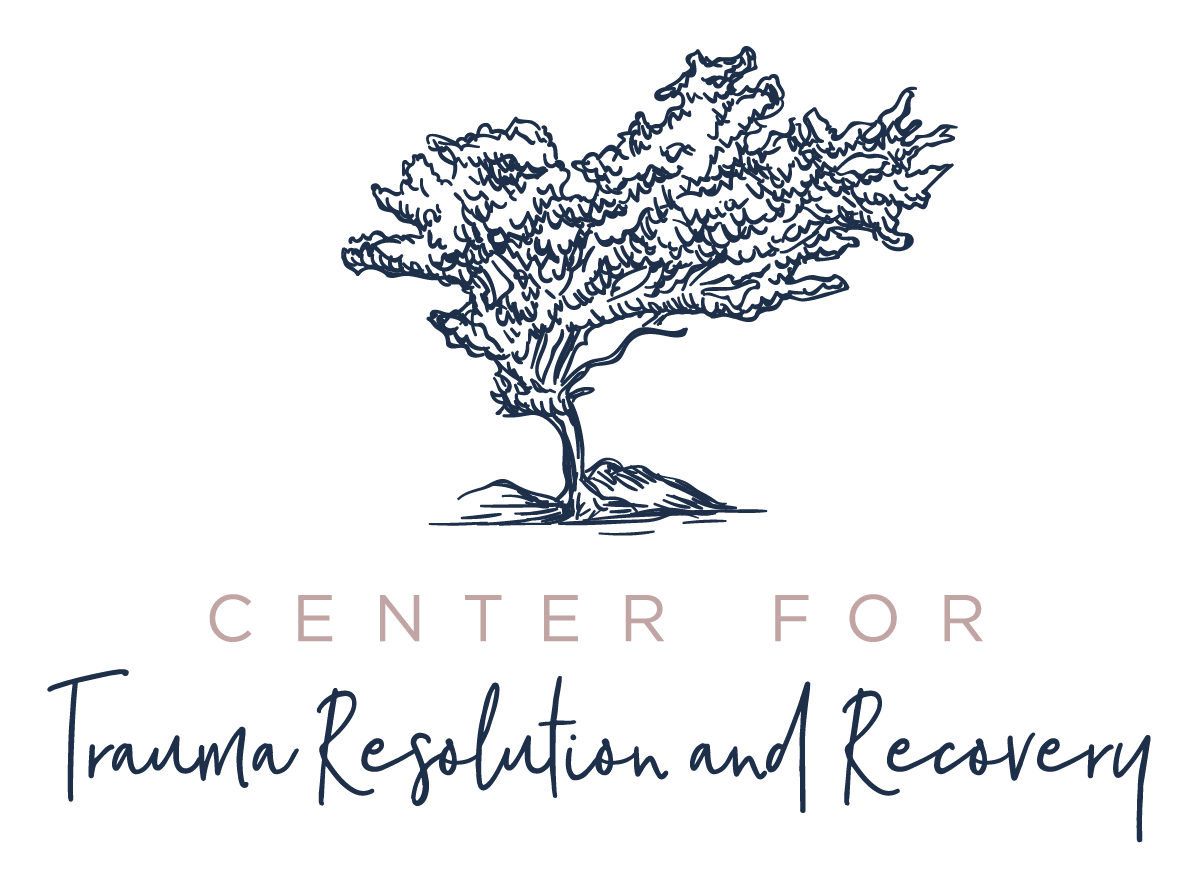What Cavities Taught Me About Resolutions and Self-Worth
Written by CTRR Practitioner Bethany Peake
To learn more about working with Bethany, click here.
“I Hate the Dentist.” That was the masterpiece title of my freshman English class essay. Bold, right? We were told to write about anything—three whole pages of pure freedom—and for some reason, I decided to rant about the dental industry like my life depended on it. I had no idea why I felt so strongly about this topic at the time. But, years later, I realize that my neurotic fear of the dentist was more than just about cavities—it was a window into my desperate need to be perfect.
Picture 19-year-old me, fresh out of the nest, reeling from the whiplash of sudden freedom. No more clear-cut rules, no more do’s and don’ts handed to me on a Sunday School or Wednesday night youth group platter. It’s normal for a 19-year-old to feel a little lost in the gray areas of adulting, but let’s add a dash (or really a whole heaping) of rigid religious beliefs to the mix. I grew up in a world where life was all about staying inside the lines: right vs. wrong, black vs. white, blessed vs. probably going to hell. And now I was expected to vote, date, choose a career, and decide my own essay topics? Just me and my free will? Terrifying.
So, back to my dental rant. For someone who, at the time, had never set foot in therapy (because, you know, I was taught that inner turmoil should be prayed away), I went full Freud in that paper. I wrote about how every trip to the dentist felt like an announcement of my failures. Another cavity? Another reminder that I wasn’t good enough. I still vividly remember being 10 years old, sitting in that vinyl chair as the dentist gently roasted my poor brushing habits. I left the office that day determined to scrub my teeth into oblivion—three, sometimes four times a day. The next visit, I got a gold star: no cavities! But, inevitably, the one after that brought more decay and with it, the familiar sting of failure. Perfection, it seemed, was always just out of reach.
But, of course my essay wasn’t really about the dentist. It was about why I craved the approval of authority figures. Why did I need to prove I was doing a good job? Turns out, the dentist was just one stop on my lifelong Tour de Perfectionism. Sports, grades, music, friendships—everything came with the crushing pressure to be the best version of me. And in religion? Oh boy, I had that down to a science. Memorized Bible verses? Check. Daily devotions? Double check. Skipping lunch once a week to fast and pray? Triple check. I was a spiritual overachiever.
Looking back, I just want to give teenage me a hug. She worked so hard to prove herself to a God she was told loved her unconditionally—but only if she worked hard enough.
Looking back, I just want to give teenage me a hug. She worked so hard to prove herself to a God she was told loved her unconditionally—but only if she worked hard enough. Of course, it wasn’t said using those words. However, the idea that my eternal worth was tied to my performance was reinforced in countless ways—whether it was through the emphasis on maintaining a daily Bible reading schedule, staying “pure,” avoiding “bad” movies, steering clear of the “wrong” music, or a seemingly endless list of other expectations. My natural drive to excel didn’t exactly help. Combine that with a theology that equated effort with worthiness, and I was perpetually exhausted, trying to earn grace like it was an unpaid internship.
Fast forward to today, and I’m still untangling these knots. January, in particular, is a prime season for those old perfectionistic urges to resurface. New year, new you, right? Resolutions, vision boards, gym memberships—it’s like a cultural sport. But here’s the thing: if you grew up believing that your worth was tied to your performance (and perhaps that performance has eternal consequences attached to it) those January vibes can feel like a trap. Even when you’ve outgrown the rigid belief system, the performance anxiety can linger like that one cavity you swore you didn’t deserve.
Trying to heal perfectionism with another rigid system of self-improvement is like trying to calm a toddler by handing them an espresso. Instead, what if we tried something radical—like believing we’re enough right now?
This year, I’m approaching goal-setting differently. Audre Lorde said it best: “The master’s tools will never dismantle the master’s house.” While she was referencing oppressive societal systems, I think the same can be true for our personal internal systems. Trying to heal perfectionism with another rigid system of self-improvement is like trying to calm a toddler by handing them an espresso. Instead, what if we tried something radical—like believing we’re enough right now?
Imagine this: you’re lovable as you are. Flaws, quirks, extra holiday pounds, unfinished projects, messy schedules—all of it. You don’t need to earn rest or joy or approval. You’re already worthy of those things. From that place of enough-ness, set your goals. Dream big. Craft your vision board. Join that Pilates class. But let it be an act of love, not a frantic race to prove you’re good enough.
And hey, even if I still dread the dentist, I’m working on showing up with a little more compassion for myself—and maybe, just maybe, a little less fear of cavities.
Resources
Audre Lorde's full essay, “The Master’s Tools Will Never Dismantle the Master’s House” that is referenced can be read here.
Self-Compassion: The Proven Power of Being Kind to Yourself by Kristen Neff
Written by CTRR Practitioner Bethany Peake
To learn more about working with Bethany, click here.

